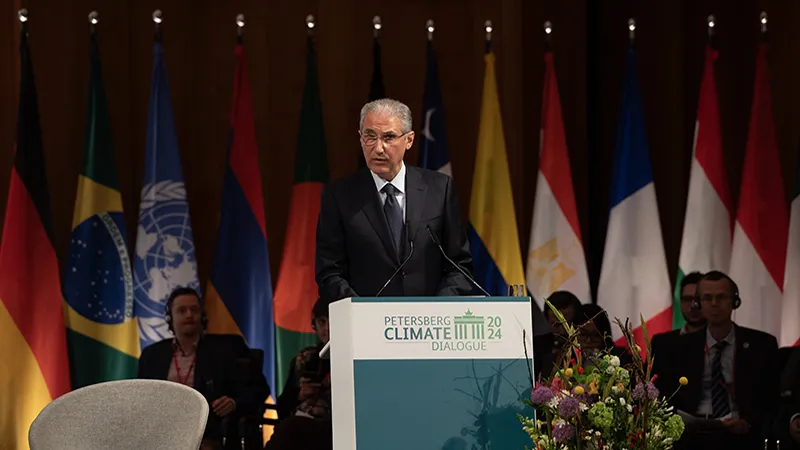Asset managers need to implement specific engagement and investment strategies to stem the rapid deterioration in the biodiversity system and therefore curb its knock-on effect on the wider planet, society and global economy, according to Chris Iggo, chair of the AXA Investment Managers (Axa IM) Investment Institute and chief investment officer of AXA IM Core.
Speaking to ESG Clarity Asia, Iggo said damaging the natural world would have “innumerable economic consequences”.
He added: “This will require a genuine commitment to tackling biodiversity loss, which is not yet wholly evident across the sector.”
In March this year a ShareAction report found just 23% of asset managers in Asia-Pacific have a biodiversity voting policy, and only two asset managers globally reported to have filed resolutions on biodiversity in the past two years.
According to Axa IM’s stewardship this year, the publication of a new biodiversity footprint
metric in the firm’s Task Force on Climate-related Financial Disclosures report led it to “further develop” its biodiversity-related engagement activities based on this new data.
The report outlines its engagement on biodiversity with companies in the food, packaging and electric utilities sectors, including asking for zero-deforestation strategies and biodiversity loss mitigation strategies.
Using the data
The launch of the Taskforce for Nature-related Financial Disclosures (TNFD) in September will provide a big step forward, Iggo noted. For example, it will help fill the gap where a comprehensive risk and disclosure framework for biodiversity has been lacking.
“With higher-quality reporting from companies on their environmental footprints, asset managers will be better equipped to identify those businesses most exposed and how they individually impact the environment,” explained Iggo.
To support these efforts, asset managers need to ensure they use the available metrics and tools to measure the impact of investments on the environment.
To help shift practices and processes in the right direction, asset managers can look to companies like Iceberg Data Lab, which offer assessment tools and data solutions that demonstrate the environmental impact of issuers and assets throughout their value chain.
Axa IM partnered with Iceberg Data Lab to develop a biodiversity measurement tool to use for its biodiversity fund, which launched in May last year.
“This should enable investors to make detailed assessments of biodiversity-related risks and opportunities – and therefore make more informed investment decisions,” added Iggo.
Backing biodiversity solutions
Despite the estimated US$133bn already invested annually in nature-based solutions – including US$18bn from private sector finance – the overall figure is only around a third of what Iggo believes is needed by 2030 if the world is to meet its climate targets.
“To support a sustainable global economy, we need increasing numbers of single-focus strategies to help meet the risk that biodiversity loss poses to us all,” he said.
Allocating capital to companies reducing their biodiversity footprints is one part of the solution. Another is investing in biodiversity-friendly solutions. “The latter will most excite investors seeking to have a real impact on the environment.”









